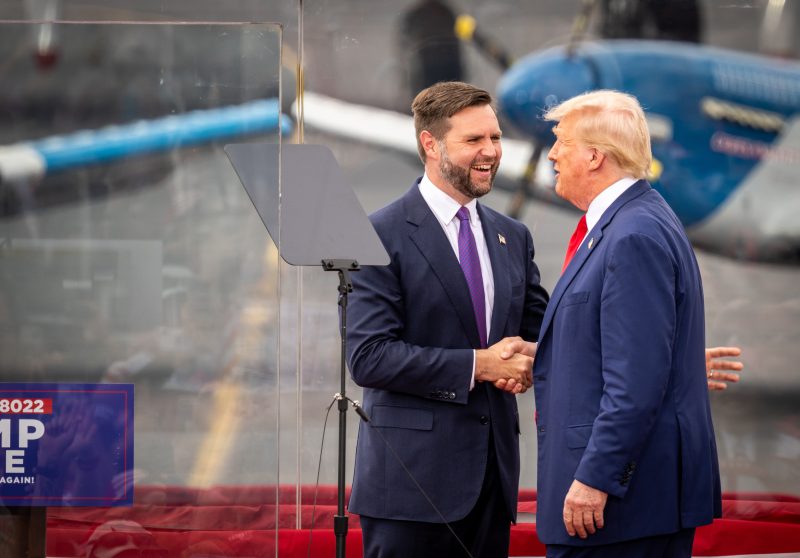In the ongoing trade war between the United States and China, the use of tariffs has become a central strategy in President Trump’s economic policy. However, a closer examination of the rationale behind this approach reveals a web of false and misleading rhetoric that has been perpetuated by both President Trump and his economic advisor, Peter Navarro. The narrative of using tariffs as a tool to protect American businesses and workers is one that has been consistently promoted by the Trump administration. This approach, however, fails to consider the full scope of the consequences that tariffs have on the economy.
One of the key arguments put forth by the Trump administration is that tariffs are necessary to rectify the trade imbalance between the United States and China. President Trump has repeatedly claimed that the United States has been taken advantage of by China for years, resulting in an unfair trade relationship. While it is true that China has engaged in unfair trade practices, such as intellectual property theft and forced technology transfers, imposing tariffs on Chinese goods as a blanket strategy fails to address these specific issues. Instead, it creates a ripple effect that impacts American consumers and businesses.
Furthermore, the notion that tariffs are a successful bargaining tool to force China to make concessions is also flawed. Peter Navarro, one of the chief architects of President Trump’s trade policies, has argued that tariffs are a crucial leverage point in negotiations with China. However, the reality is that tariffs have not led to any significant concessions from the Chinese government. In fact, China has retaliated with its own tariffs, exacerbating tensions between the two countries and resulting in a prolonged trade war that has negatively impacted both economies.
Another misleading claim propagated by the Trump administration is that tariffs will bring back manufacturing jobs to the United States. This oversimplification fails to acknowledge the complexities of the global supply chain and ignores the fact that many American companies rely on imported goods to remain competitive. Imposing tariffs on these goods ultimately raises costs for businesses and consumers, leading to job losses and decreased economic growth.
In conclusion, the false and misleading rhetoric surrounding tariffs promoted by President Trump and Peter Navarro fails to address the root causes of the trade imbalance between the United States and China. Instead of using tariffs as a blunt instrument, a more nuanced approach that targets specific trade practices of concern would be more effective in addressing the complexities of the global economy. It is imperative that policymakers reevaluate their strategies and work towards a more sustainable and mutually beneficial relationship with China that prioritizes fair trade practices and economic growth for both countries.

